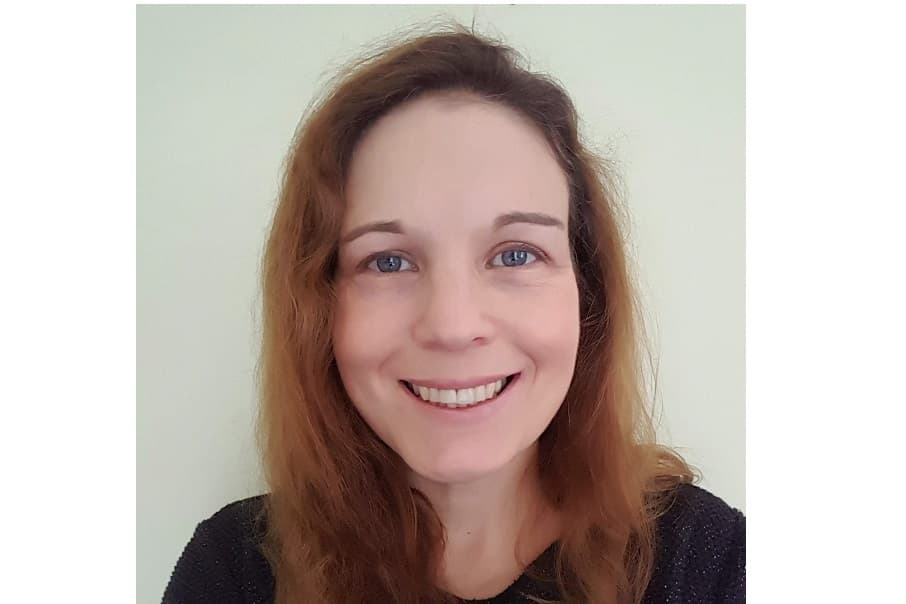Within charities, legacy officers are aware that we can be seen to be ‘difficult’ beneficiaries.
My view is that this is almost always down to poor communication on both sides, and I also firmly believe that as a professional legacy administrator, it is my job to ensure clarity and a mutually respectful relationship between the charity and the executor, lay or professional.
Larger charities frequently employ professional legacy administrators with a legal or accounting background. It is common for solicitors to ‘escape’ from private practice to end up in legacy administration, as I did from a City firm ten years ago, and thus we do have some understanding of the way our colleagues in private practice work.
However, it is not always obvious why we ask for some of the information we do and how legacy officers can help to decrease costs, add value, and deal with some of the more challenging aspects of a complex administration with many charity beneficiaries.
Many executors are unaware that charities are heavily audited and must show that we have made best efforts to maximise value. At minimum, this means that we need a copy of the Will, estate accounts, and ideally property valuations. It is not unreasonable for any beneficiary to ask for this information, though of course individuals tend not to. We also ask for schedules of assets and liabilities in the early course of the administration. This is because this information is extremely important to us in estimating value. If we can get an accurate estimate in early, then we can plan how we can use it – we are not just difficult!
If a larger charity is involved, it is very likely that they may be able to act as lead charity. Recently, as lead, I’ve been co-ordinating the charity response, assisting conveyancers with appropriating the property in compliance with the Charities Act 2011 (and explaining to co-beneficiaries why this is needed for tax saving purposes), mediating some genuine disagreements between the charities (of which the solicitors remain happily unaware), and generally ensuring that everyone was on the same page. My involvement has undoubtedly saved significant costs and thousands in tax. Working with the lay executor and her solicitors as well as my co—beneficiaries has, I hope, been beneficial for all.
We can also add value when working with lay executors. The relationship is not always easy, but we can often give more personalised support than solicitors can, particularly if the deceased was known to the charity. I have on more than one occasion been able discreetly to reassure a lay executor that their solicitor was doing what they were supposed to do and that they need not worry.
In the end, we all want to ensure that the generous final wishes of our supporters and your clients are carried out. We very much want to work with solicitors to make this happen.
Virginia Sherbourne is a Solicitor and Legacy Administration Lead at RNID and a member of the Institute of Legacy Management (ILM)



















